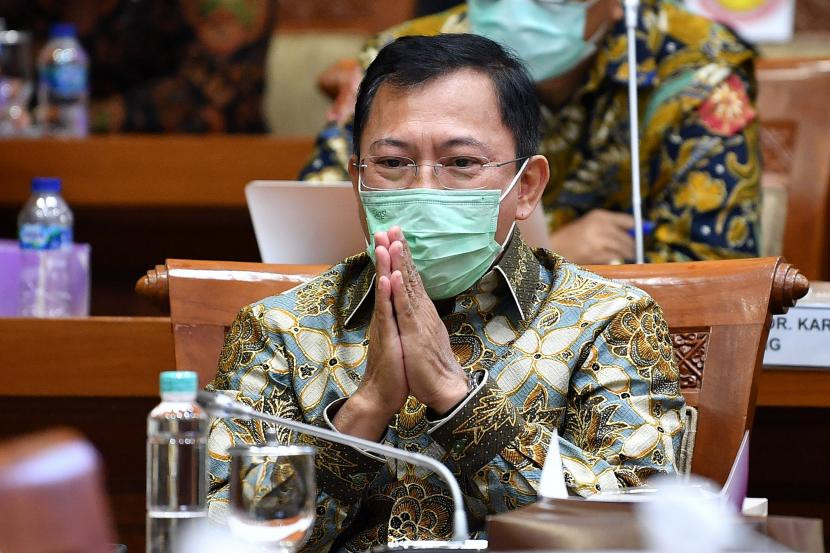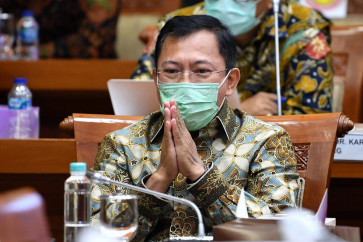Popular Reads
Top Results
Can't find what you're looking for?
View all search resultsPopular Reads
Top Results
Can't find what you're looking for?
View all search resultsTerawan's dismissal and epidemic of scientific illiteracy
Until today, there is no robust scientific evidence and consensus supporting Terawan`s practice apart from people's testimonies.
Change text size
Gift Premium Articles
to Anyone
O
ver the past few weeks, the public's attention has been drawn to the polemic of former health minister Terawan Agus Putranto's dismissal as a member of the Indonesian Medical Association (IDI). Initially, it was a dispute between the two, but considering Terawan’s prominence, it is difficult not to expect the issue will trigger a public — if not high-level political — debate.
Basically, the issue is simple, straightforward and is not really complicated to comprehend. It only requires a bit of comprehension of how scientific findings, especially in medicine, can be delivered to the public. Unfortunately, there are reasons to believe that science has not become an integral part of the Indonesian people`s life. Not only laypeople, but government officials can be anti-science
The crux of Terawan's dismissal is the lack of ethical adherence in delivering his practice as a doctor — or radiologist to be more precise. He performed a medical procedure known as direct subtraction angiography (DSA), which in colloquial terms, is known as brainwashing.
DSA is not a new procedure and has been regularly used as a diagnostic method for imaging as reflected by its name. Angiography means the imaging of blood vessels. Hence, DSA is essentially a diagnostic procedure instead of a medical therapy intervention as offered by Terawan at a quite expensive rate.
Until today, there is no robust scientific evidence and consensus supporting Terawan`s practice apart from people`s testimony. IDI asked Terawan several times to explain the ethical concerns about this practice but he did not respond to its invitations until IDI handed down the punishment.
In medical practice, adherence to ethical standards is mandatory and cannot be separated from a doctor's way of life. The main reason is that doctors are in constant demand to deliver the best possible clinical practice for their patients based on current medical guidelines and research.
Therefore, doctors need to always be up to date with medical advancements in diagnoses and treatments. Failure to comply with this principle can bring deleterious consequences for the patients, which in the worst case may lead to their death.



















